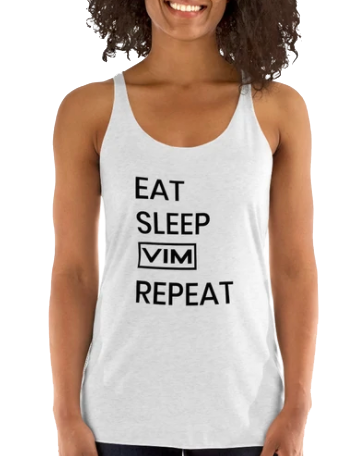Bulking up is a process that requires a little dedication and a lot of preparation. Getting into shape isn’t just a matter of going to the gym on a regular basis, it’s also important to take note of the aspects of your lifestyle that are prohibiting your health.
When you find what you need to change, it takes a little research to know what to replace those bad habits with. One huge obstacle to a lot of people is establishing a healthy diet.
It’s important to know which foods promote your health goals and which foods are holding you back. We’re going to talk about vitamins for muscle growth in this article, exploring the foods and supplements that contain them and methods for sticking with your dietary changes.
Let’s get started:
Key Vitamins for Muscle Growth
As you start your workout routine, make a note of the fact that your initial burst of inspiration will only last so long on its own. We get excited when we make positive life changes, and that excitement can push us through the first few workouts.
After a while, though, the body starts to adjust to the changes you’re putting it through. You’re using a lot more energy than normal as you’re working out, and your body has to work overtime to repair the tissue you’re exercising.
That’s why so many people crash and give up. A successful routine requires that you make the necessary changes to your diet. That means learning more about nutrition and pinpointing the areas that you need to support your diet with supplements.
A basic crash course on dieting for muscle gain will tell you to eat a well-balanced diet that doesn’t skimp on carbs. Additionally, you should be working complete proteins into almost every meal.
Your busy routine might not allow you to carefully prep all of your meals, though. That means you could miss out on vitamins needed for muscles to grow and repair themselves.
Let’s explore some of the vitamin supplements you might need to achieve your goals for bulking up.
Vitamin B12
Vitamin B12 serves a number of purposes in the body. As it relates to bodybuilding, this vitamin helps send oxygen to your muscles as they’re in use. It also contributes to the production of red blood cells.
So, a healthy amount of B12 ensures that your engine is oiled up and running smoothly. If you’re not able to send enough blood to the target muscles, they’ll be more prone to damages and less growth.
Calcium
People who don’t consume animal products might have a hard time getting enough calcium. It can be found in foods like almonds and a number of seeds, though.
Calcium helps the body strengthen bones, but it also helps with contracting muscles and processing energy. Balanced levels of calcium will help you as you’re working out, leading to bigger returns.
Additionally, your bones take on a lot of the stress of weightlifting, so it’s smart to do what you can to make sure that they’re just as strong as your muscles.
Protein
Most of the protein we need should come from our diets. You might have restrictions, however, that prevent you from getting enough complete proteins.
Our bodies absolutely need protein to develop and maintain muscle mass. Protein consists of 13 essential amino acids that work together for our bodies to function properly. Sources of protein that have all 13 acids are called “complete proteins.”
Many sources, however, only have a few of the essential amino acids. That’s why it’s important to take in a few different sources of protein if you’re not consuming meat. Meat almost always contains complete proteins.
If you’re a vegetarian or vegan, or you just don’t consume a lot of meat, protein supplements might be a great option for you. You can also boost your protein intake instead of adding carbs to your diet.
More carbs typically lead to more muscle gain, but you can also bulk up by adding protein.
Vitamin C
Vitamin C helps your body break down and use carbs for energy as you work out. It’s also a great antioxidant that can support your muscles and cardiovascular system as you strain it with exercise.
It’s also a great immune system booster.
Creatine
Creatine is a great vitamin for muscles. It’s created in your body, so it isn’t found in a lot of foods. Its function is to help send energy to your muscles as you use them.
It helps you perform as you’re working out as well as prompt your body to promote muscle growth. You’ll see results with creatine, and it’s well-known as a very safe supplement.
If your goal is to put on a great deal of muscle and you’re considering chemical supplements that put your body into overdrive, give creatine a shot first. It’s a lot safer than some of the drugs on the market, and it functions naturally to produce excellent results.
Staying On Track With Your Diet
Try to flesh out a plan for your diet before you start your workouts. You’ll begin to feel the drain right when you start exercising, so be sure to prepare your body with all of the healthy fuel it needs to excel.
Examine your diet plan and take a realistic look at what you can expect yourself to do. It might be hard for you to get enough protein in your diet, for example, or you might have a sweet spot for fast food that you’re unsure about.
Order the appropriate supplements after you assess your new diet plan. Additionally, prepare to slip up once or twice. It’s natural to fall back into old habits, but it’s important to get back on your feet and avoid being too hard on yourself.
Once you’re set up on the dietary end, get out to the gym and start putting on muscle!
Need a Little Help with Your Diet?
If you’re new to the whole “healthy eating” thing, don’t worry too much. You’re not alone, and we’re here to help you get in touch with the information and supplements you need to succeed.
Explore our site for more vitamins for muscle growth and ideas on how to stay on track toward your health goals.

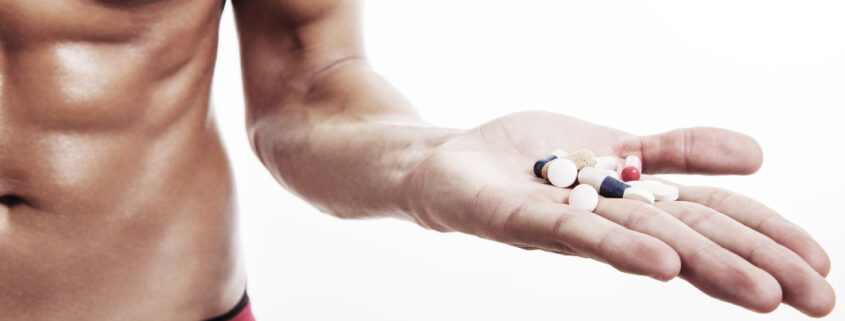
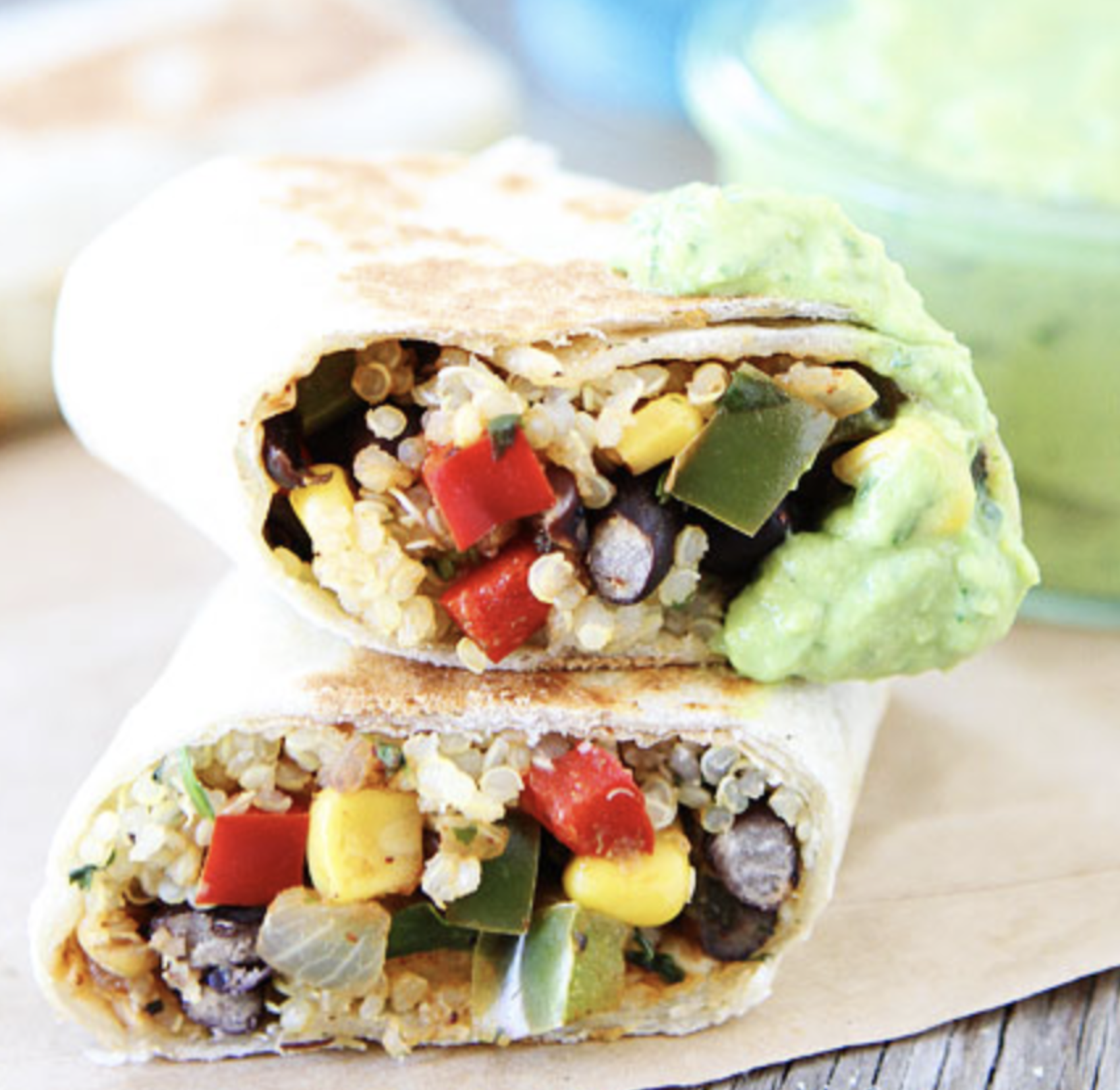

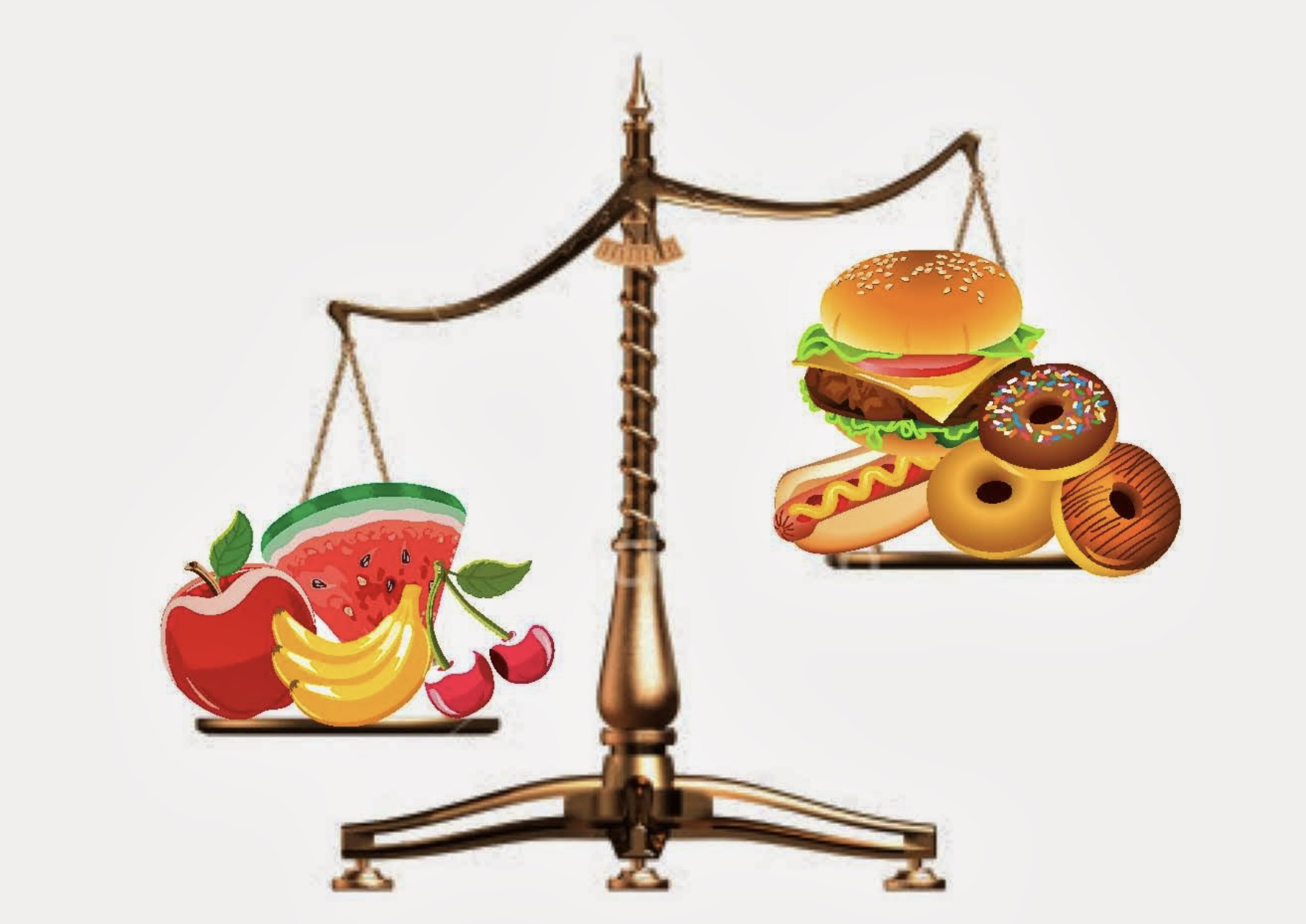
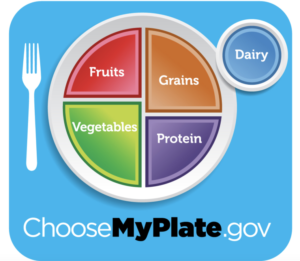


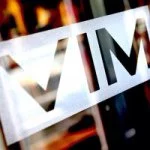





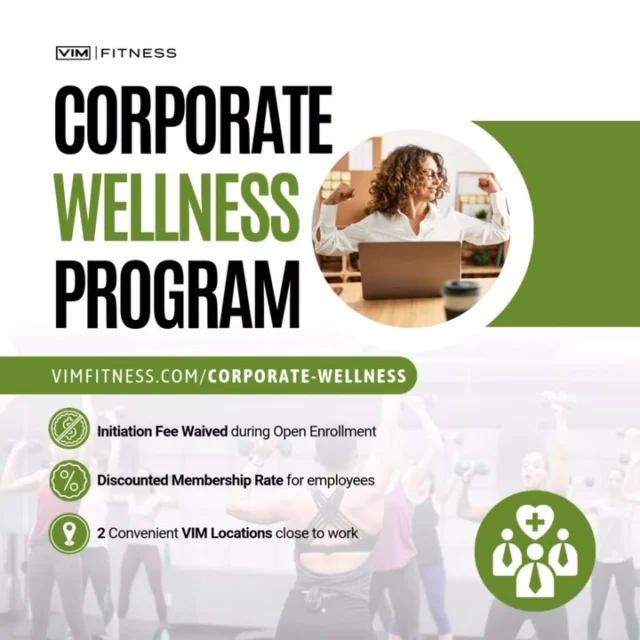
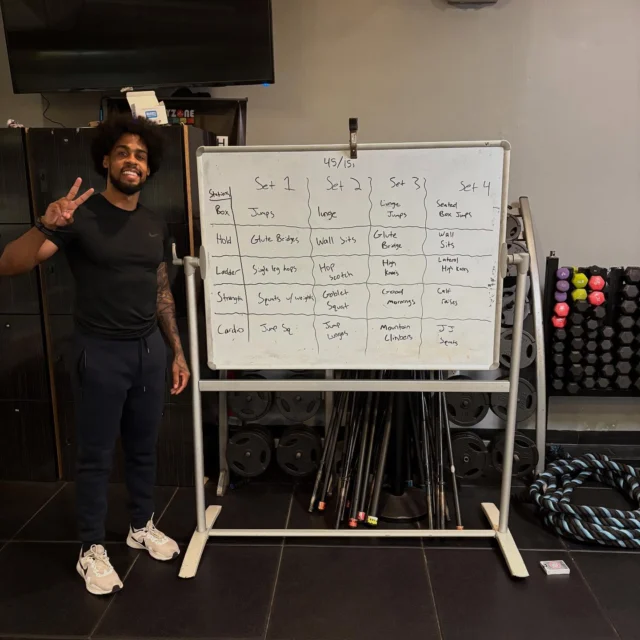
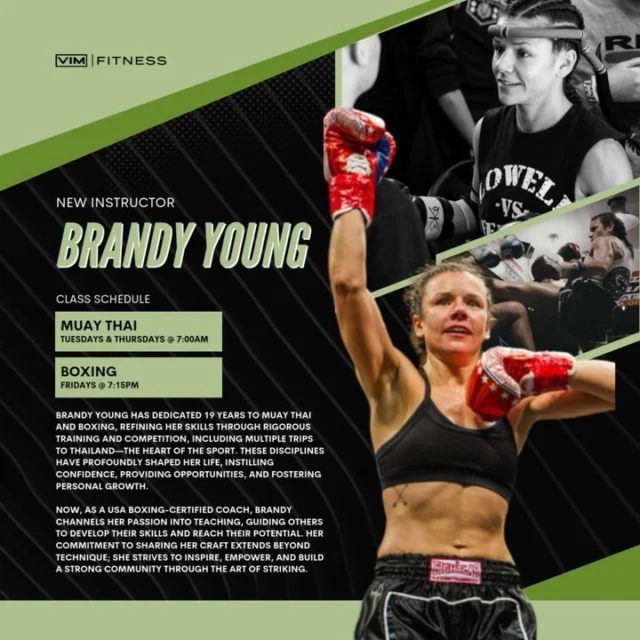
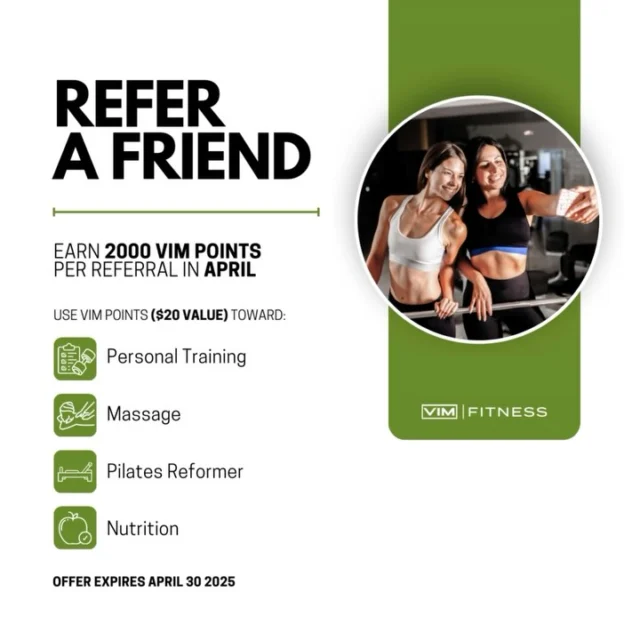
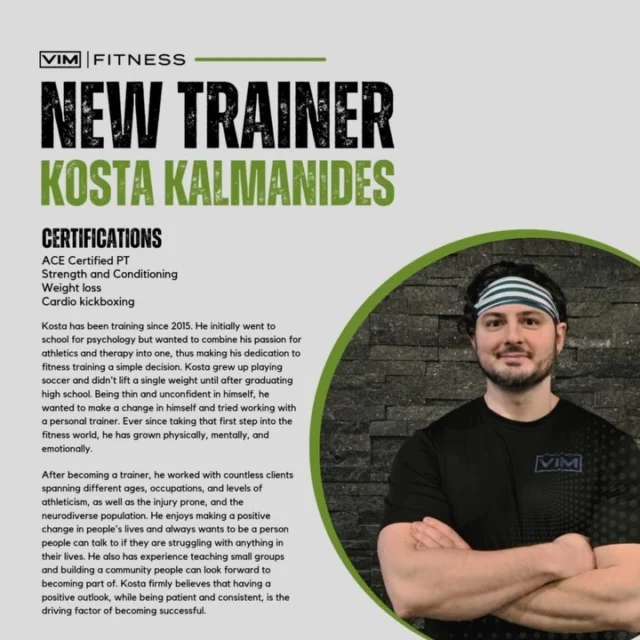
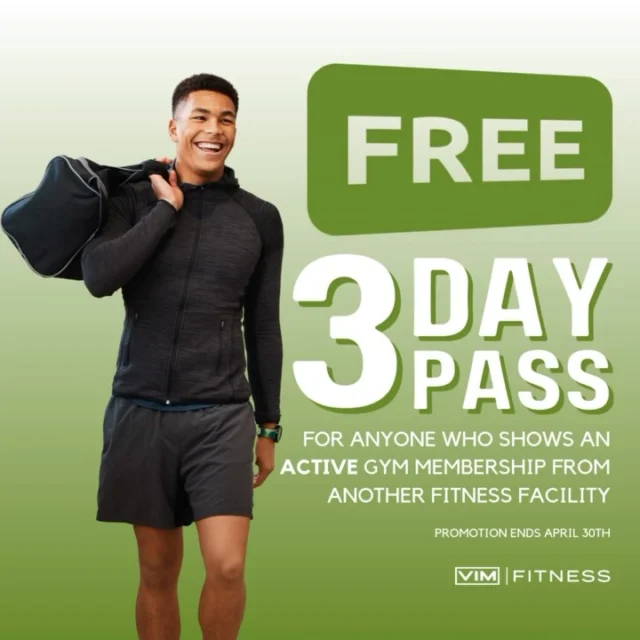
 LIMITED TIME DEALS FOR APRIL
LIMITED TIME DEALS FOR APRIL
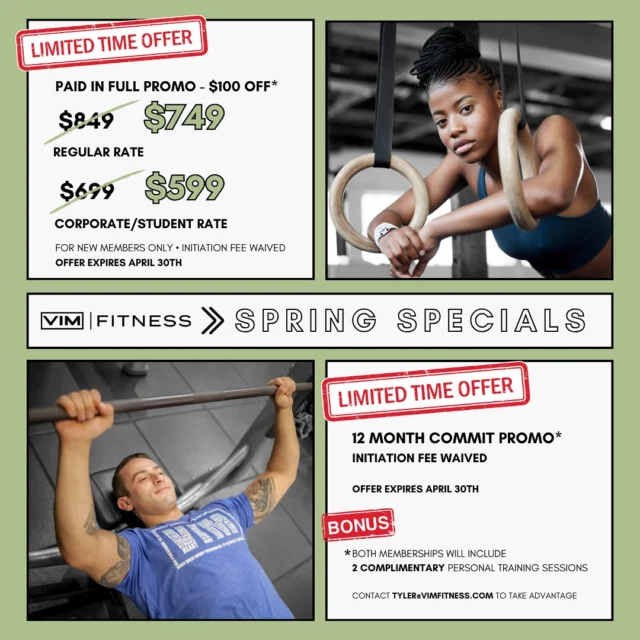

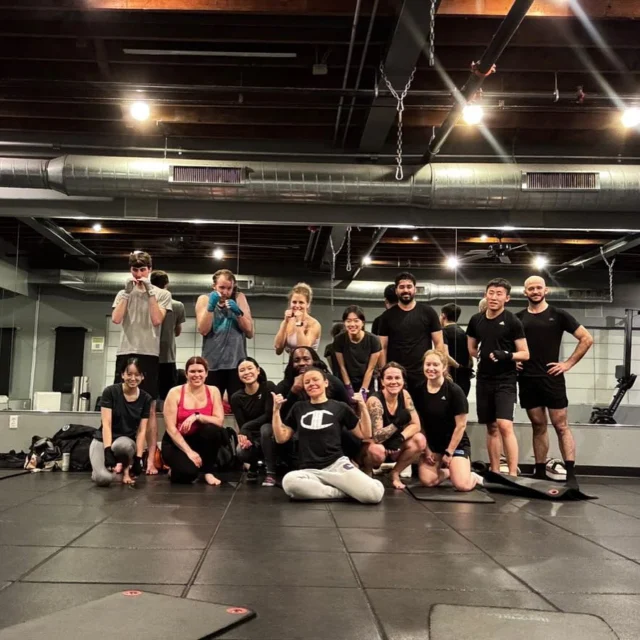
 SPRING SCHEDULE
SPRING SCHEDULE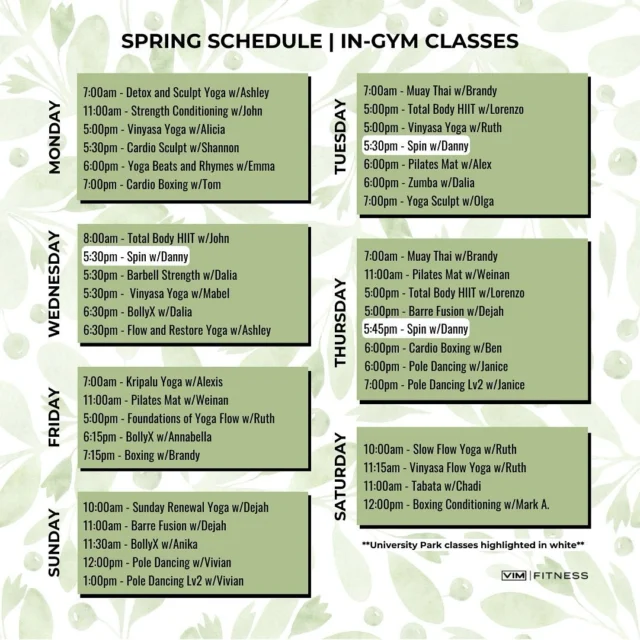
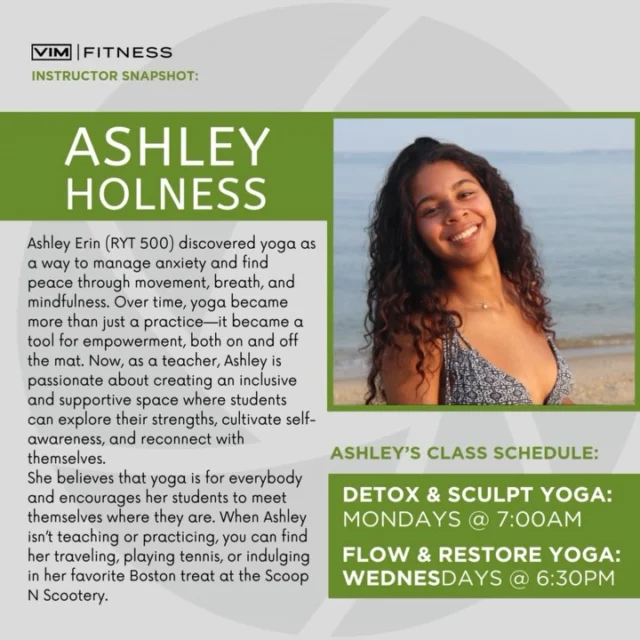
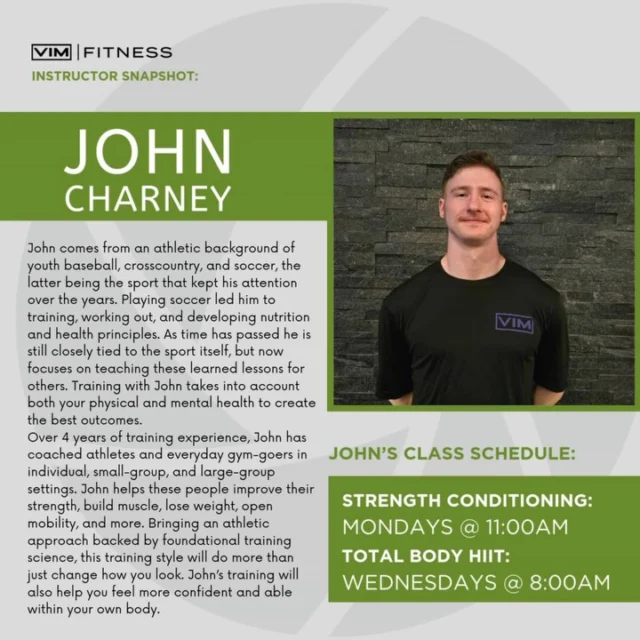

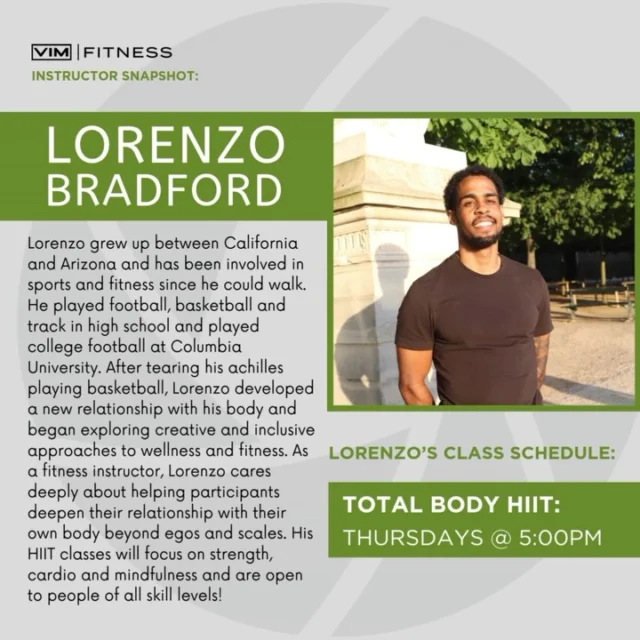
 Happy St. Patty’s Day
Happy St. Patty’s Day
